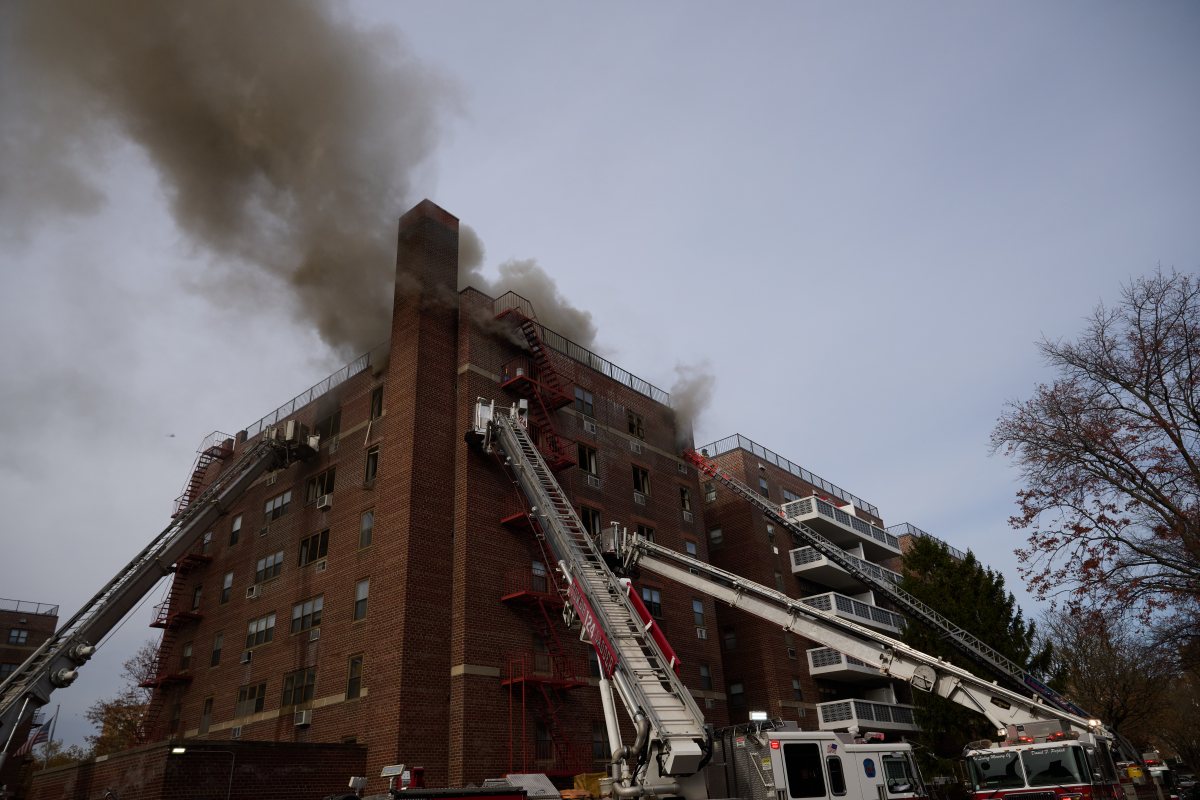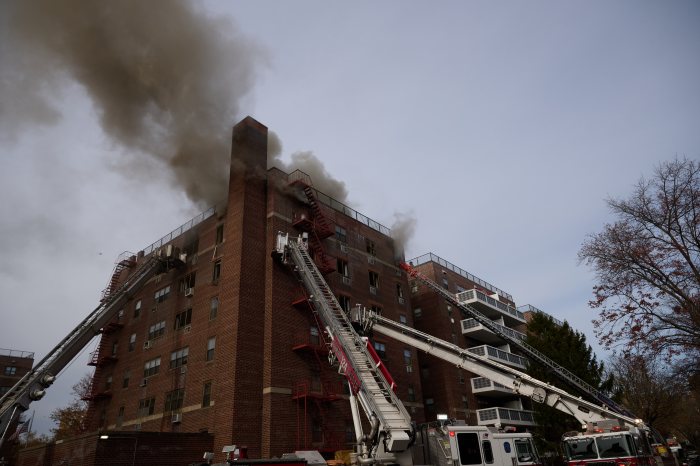By MARGARET S. CHIN
With less than 30 days until the expiration of New York State’s rent-regulation laws on June 15, advocates and residents alike are wondering just how long Governor Cuomo will wait to extend rent regulation and eviction protection laws. Others are wondering why this issue, which predominately affects New York City residents, falls under the purview of the state Legislature in the first place.
Albany has certainly heard our cries of indignation — during protests, in the press, and on our trips to the capital. Undoubtedly, the governor is also aware that the failure to extend rent regulation — or making major concessions to the real estate lobby — will devastate 1 million families in New York City who depend on rent stabilization to keep a roof over their heads.
Last Tuesday, Governor Cuomo pledged his support for the extension and strengthening of these important tenant protections. Thanks to the leadership of Assembly Speaker Silver, a strong bill to extend and expand rent protections has already passed the Assembly. I cannot think of a more universal, far-reaching and important issue than rent regulation and eviction protection, and our state elected officials must push the Senate to act decisively on this issue.
Seemingly buoyed by this inaction, the Senate Republicans, led by Senator Young, have stepped in to introduce legislation that would allow landlords to receive tax abatements while evicting taxpayers under the unfair practice of vacancy decontrol. This legislation would nullify the decision reached by the courts in Roberts v. Tishman, concerning the decontrol of the Peter Cooper Village/Stuyvesant Town complex, which recognized the illegitimacy of these actions and mandated that landlords receiving J51 tax abatement benefits roll back their decontrol actions. Moreover, this legislation would increase the decontrol of rent-protected units and continue to give away taxpayer dollars to landlords unnecessarily. This bill threatens to turn a loophole in rent protections into codified law. This is unconscionable and inappropriate.
At the stated City Council meeting on March 23, I introduced Resolution 700, co-sponsored by Council Speaker Quinn and 30 other councilmembers, calling upon the New York State Legislature to renew and strengthen rent regulation and eviction protection, and to repeal the 1971 “Urstadt Law,” which ended New York City’s ability to regulate itself in this matter.
Last week, at the Council’s Committee on Housing and Buildings hearing on Resolution 700, councilmembers heard testimony from advocates, including Tenants and Neighbors, The Legal Aid Society, Legal Services NYC and the Urban Justice Center. More poignant were the stories of tenants who have faced ongoing harassment from their landlords, escalating legal fees up to thousands of dollars and frivolous lawsuits that drag on for years. Our government cannot stand by while tenants face these daunting prospects on their own. These are hardworking individuals who have been outpaced by the skyrocketing cost of living in New York City. They contribute to our city’s well-being and deserve to stay and live in the communities they have helped to build.
We must elevate the cause of rent regulation and eviction protection to a civil rights issue. The weakening of rent regulation and eviction protection overwhelming targets longtime residents, immigrants, minorities, seniors and female heads of household. The right to shelter is a fundamental human right and we must approach it as such.
On May 24, I will once again travel to Albany with my colleagues in the City Council to lobby for the extension and strengthening of rent regulation and protections in New York City. This is not just a fight for this budget season, but a fight for the future of New York City. We must seriously consider what we want our city to look like in the next 20 years. If we fail to extend and strengthen rent regulation and eviction protection, we will lose the diversity and vibrancy of our neighborhoods and the authenticity that makes this New York City.
Chin is city councilmember for the First District (Lower Manhattan, Tribeca, Soho, Lower East Side)





































